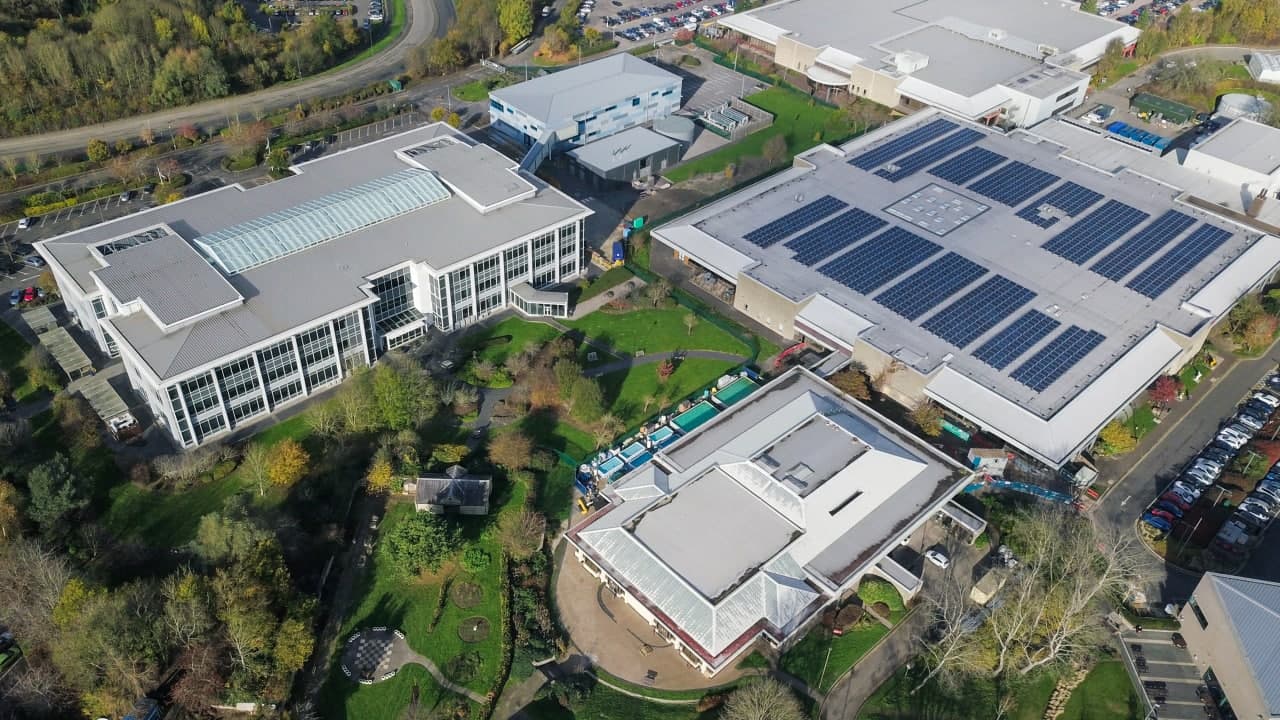Economics is the study of how people and societies use scarce resources to produce the things they want. Economic theory provides a framework for understanding economic issues, analyzing and predicting the likely effects of economic behavior and government policies, and formulating efficient and equitable solutions to pressing economic problems.
A strong liberal arts curriculum including arts and humanities, social and natural sciences, advanced composition, mathematics, and statistics provides the depth and breadth of knowledge needed to systematically and logically analyze problems, generate and test ideas, and develop effective communication and quantitative skills. Economics majors develop an appreciation of economic issues, and learn to analyze and critically evaluate economic phenomena and policies. The major core includes four semesters of economic theory, a semester of econometrics, a senior capstone seminar, and several semesters of economics electives covering a wide variety of economic topics from environmental and natural resource economics to the history of economic institutions and political economy.
Learning Outcomes
Students will:
Display command of basic microeconomic concepts such as rationality, cost/benefit, supply and demand theory, decision making at the margin, monopoly and competition, and efficiency and equity.
Display command of basic macroeconomic concepts such as aggregate demand and supply, fiscal and monetary policy, and the use of these policies in the macro-economy.
Understand and analyze basic economic issues found in the news and understand how the economic aspects of society work.
Potential Occupations
Economists are employed in a wide variety of fields from education and research to business and government. Nonprofit and international organizations use economists in overseas development, environmental conservation, and international relations. Economics, like many liberal arts majors, provides students with a broad academic background suitable for a variety of jobs. Economics majors are trained to think independently and critically, communicate effectively, and function in a multicultural world. Many employers appreciate liberal arts majors for their multiple skills and their ability to adapt to a variety of tasks and work environments. Careers for graduates are available in education, business, and government. Participation in internships or cooperative education opportunities is highly recommended to enhance practical training and development. Graduates who go on for advanced studies can pursue careers in economics or attain advanced positions with the possibility of rising to top professional levels.
Depending on interests, the electives taken, or the minor selected, available career choices include, but are not limited to: commodities/stock broker, financial analyst, economic forecaster, trust administrator, loan counselor, pension funds administrator, foreign trade analyst, public policy analyst, regional/urban planner, foreign service officer, tax auditor, natural resource analyst, educator, program administrator, researcher, community organizer, environmental activist, international aid organization analyst or administrator, marketing analyst, purchasing agent, public relations/media planner, program consultant, contract administrator, systems evaluator, personnel planner, portfolio administrator, finance manager, secondary school teacher.
برای دانشجویان بینالمللی
You are an international freshman if you are not a U.S. citizen or U.S. permanent resident and have a valid U.S. visa OR plan to apply for a student visa AND you’ve never attended college or all your college credits were earned prior to high school graduation.
English language proficiency:
TOEFL IBT: 72
IELTS Academic: 6.0
Duolingo: 110
120 Hours - Full time
![شهریه]()
شهریه
US$34,751.00 per yearPlease check with institution
![تاریخ شروع]()
تاریخ شروع
![آدرس]()
آدرس
College of Liberal Arts, C138 Clark Building, Colorado State University, FORT COLLINS, Colorado, 80523, United States

توضیحات دوره
پیش نیاز ها
گزینههای تحصیل





 با ما در ارتباط باشید
با ما در ارتباط باشید






